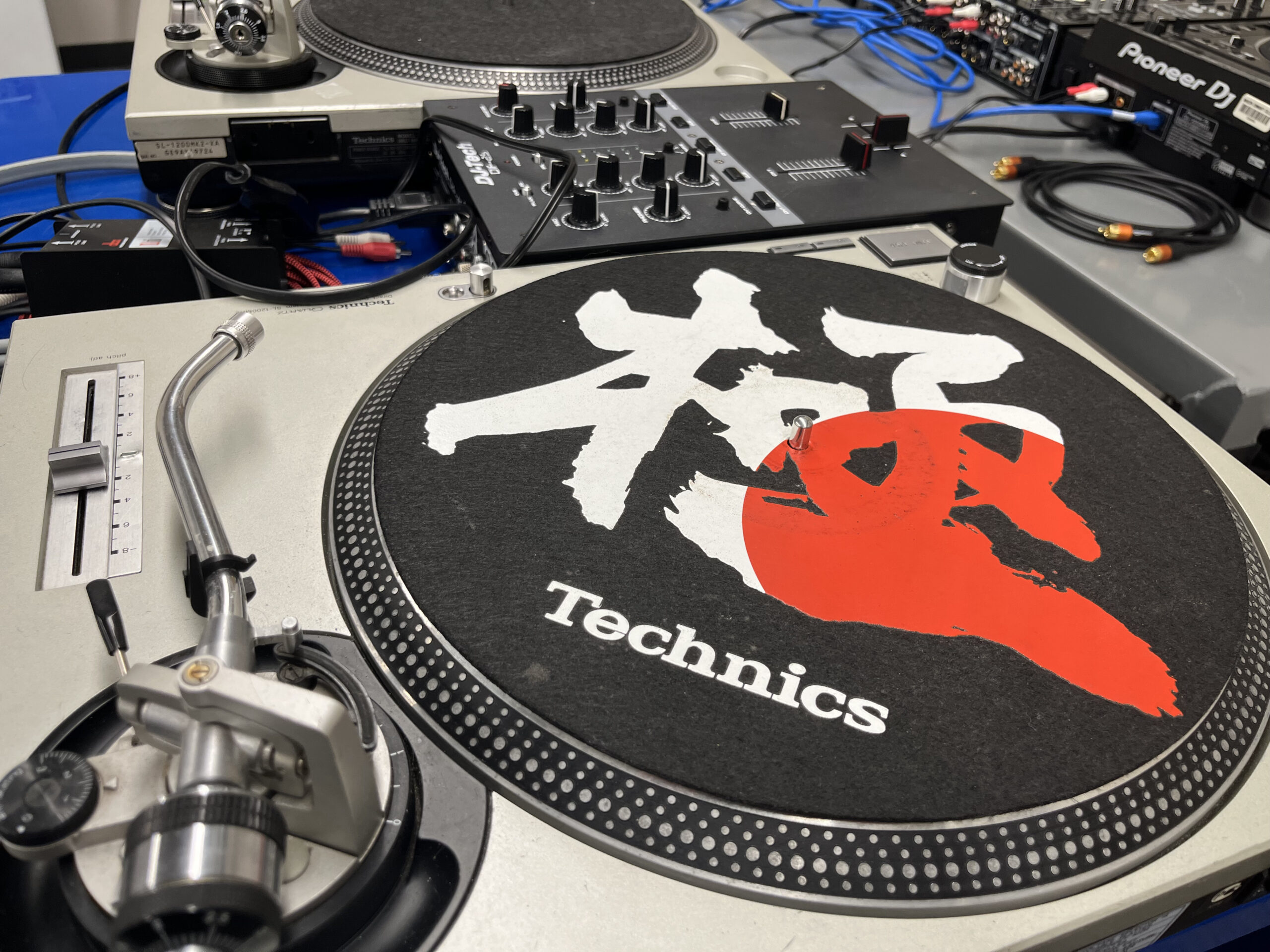CDC associates vaping with illnesses and deaths
Vaping and e-cigarettes are associated with an outbreak of pulmonary disease with 530 cases and seven deaths confirmed by the Center for Disease Control and Prevention (CDC) as of Sept. 19.
The report released by the CDC stated, “This investigation is ongoing and has not identified a cause, but all reported cases have a history of using e-cigarette products.”
It continued: “…no consistent evidence of an infectious cause has been discovered. Therefore, the suspected cause is a chemical exposure.”
A press release by the Arizona Department of Health Services confirmed three cases of vaping-related respiratory illness identified in Arizona. All three cases are in Maricopa County and have since been released from the hospital.
The CDC reports symptoms including cough, shortness of breath, chest pain, nausea, vomiting, diarrhea, fatigue, fever, or weight loss over a period of time from a few days to a few weeks.
Arizona law defines a vapor product as a “noncombustible tobacco-derived product containing nicotine that employs a mechanical heating element, battery or circuit, regardless of shape or size, that can be used to heat a liquid nicotine solution contained in cartridges.”
While the CDC reports most patients using vapor products with THC and nicotine and warns about products bought off the street, it is unclear what the link means and how many patients used products off the street.
The CDC report has also stirred opinions on the potential dangers of using vapor products.
While the age restriction on selling and buying vapor products in Arizona is 18, some are calling for raising the restriction to 21, and the Trump administration plans to ban flavored e-cigarettes altogether. As of Sept. 19, New York and Michigan are on the forefront of the ban.
The legal purchase age of vape products in Arizona is already 18, though laws are not as strict as federal laws. Despite the age restriction, the CDC reported around 16 percent of Arizona high school students use vape products.
Mesa Community College (MCC) counseling department chair Dr. Heidi-Christa Adams said, “Kids and first time users may like the sweet flavors, you know, and that can be very deceiving.” She also cited nicotine (the addictive chemical in cigarettes), toxic chemicals, lack of proper regulations, and no FDA approval on e-cigarettes as a quit-smoking device as risks involved in vapor products.
“There’s no question that e-cigarettes are just bad, bad for young people and used on a developing brain,” Dr. Leland Fairbanks, president of Arizonans Concerned About Smoking, said. “If there is any use for them, it would be older adults who’ve already got serious lung disease.”
“I really appreciate the national news showing students and young people as to what happens,” Dr. Adams, who runs the MCC Peervention Program, said. “We’re not gonna say, ‘Oh, that happens every time.’ We’re not gonna catastrophize it, we’re not gonna put our spin on it. We just deal with the facts, and then we encourage our students to make healthy decisions.”
The CDC recommends those who do not vape to not start vaping, and those who do to abstain from returning to cigarettes, buying products off the street, or modifying products in any way not intended by the manufacturer.
The MCC Peervention Program will be spreading awareness on vaping and smoking during the month of November.









